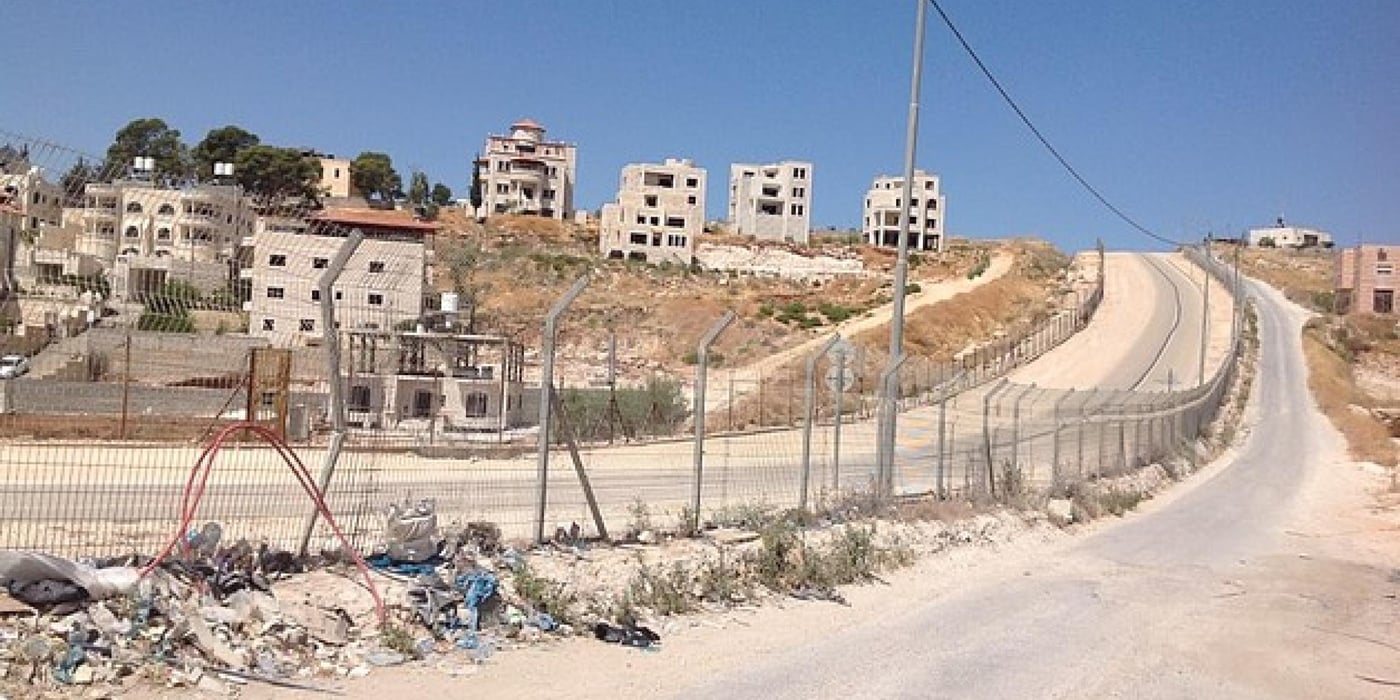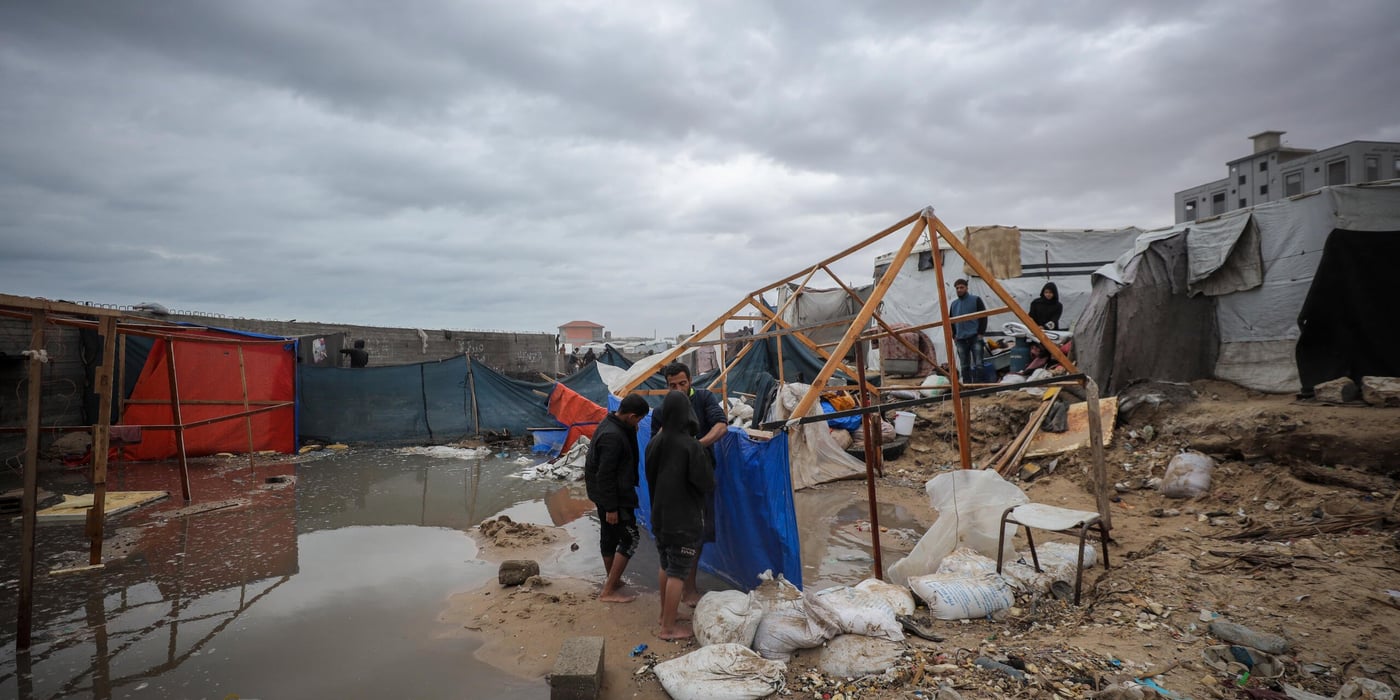
The majority of the structures are located in Areas A and B, which fall under Palestinian civil control, including for planning and building matters, as designated by the Oslo Accords.
“Israel’s security arguments to justify these demolitions sets a dangerous precedent that leaves thousands at heightened risk,” said NRC’s Palestine Country Director, Kate O’Rourke. “The commission of grave breaches of international humanitarian law must be challenged by the international community.”
An Israeli military order issued in 2011 designated a buffer zone of 100 to 300 meters on both sides of the separation barrier in Sur Baher and prohibited construction in the Wadi al-Hummus area of the neighborhood as a security measure. While the number of structures facing similar risk is difficult to estimate, local residents say that roughly 100 additional buildings could be at heightened risk of demolition in Sur Baher alone.
Sur Baher land in Area A, B, and C remain part of the West Bank, but the route of Israel’s separation barrier left them on the Israeli side, preventing the Palestinian Authority (PA) from accessing or delivering services to these areas. Nonetheless, the PA still issues building permits to the residents as permitted under the Oslo Accords.
Residents, represented by attorney Saher Ali and the Society of St. Yves, a Jerusalem-based human rights organization and local NRC partner, petitioned the Israeli High Court of Justice to request the cancellation of the military order prohibiting construction or, alternatively, a reprieve from demolishing the structures. On 11 June, the court dismissed their petitions.
The developments in Sur Baher come amid renewed momentum to further entrench and tighten Israeli control over key locations across East Jerusalem. Since the beginning of the year, Israeli authorities have demolished 140 Palestinian-owned structures in the city, according to OCHA. Together with an increase in eviction cases, these demolitions point toward an intent to accelerate forcible transfer of Palestinian communities in East Jerusalem and alter the demographic composition of the city.
Israel’s destruction of property in Sur Baher breaches its obligations under international humanitarian law and other peremptory norms of international law, including the duty to maintain territorial integrity and the prohibition on acquisition of territory by force.
Background
- On 11 June 2019, the court dismissed the petition by residents of Sur Baher, citing a “military-security justification to restrict the construction.” The ruling canceled two orders, reduced four to partial demolition, and upheld six for complete destruction. The court also confirmed stop work orders against three landowners with prepared foundations for construction. According to OCHA, “the demolitions would displace three households, comprising 17 people, including nine children, and would otherwise affect an estimated 350 people.”
- On Sunday, 21 July, the High Court of Justice denied all requests to delay the demolitions. Israeli authorities declared Sur Baher a closed military zone effective from 22 to 24 July.
- The Fourth Geneva Convention outlines the protection of property in occupied territory, prohibiting any destruction of real or personal property, except when military operations render such destruction absolutely necessary. Unlawful and wanton destruction of property amounts to a grave breach of the Fourth Geneva Convention.
- An advisory opinion in 2004 on the separation barrier, issued by the International Court of Justice, stated that the course Israel has chosen for the barrier was unnecessary to attain its security objectives.
- International law requires third states to take measures to ensure Israel ceases the wrongful conduct, makes full reparation for the loss, and guarantees non-repetition.



